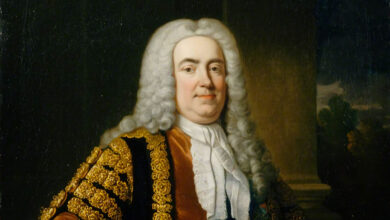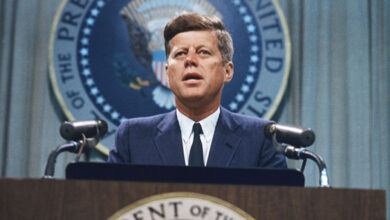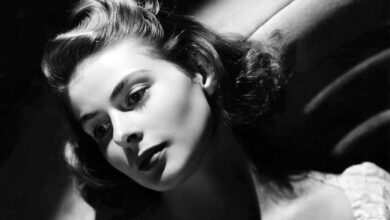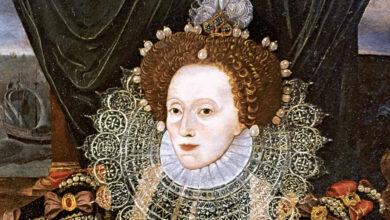Podcast: Play in new window | Download
Subscribe: Spotify | Amazon Music | Youtube Music | RSS
Juan Domingo Perón was a figure who dominated Argentinian politics for over three decades. A military officer turned politician, he remains a controversial figure, admired by some as a champion of the working class and vilified by others as an authoritarian populist. His legacy continues to shape Argentina’s political landscape.
Born on October 8th, 1895, in Lobos, Argentina, Juan Perón’s origins were far from ostentatious. Though not impoverished, his family belonged to the lower middle class. He displayed leadership qualities early on, excelling in sports and academics. In 1911, he entered the National Military College, graduating as a second lieutenant in 1913. Perón’s military career was distinguished, with postings in various locations throughout Argentina. He rose through the ranks, impressing superiors with his strategic thinking and leadership skills. During the 1930s, he became interested in social issues and studied political theory and economics. These intellectual pursuits, coupled with his observations of European fascism during a stint as a military attaché in Italy, would significantly influence his future political ideology.
The turning point in Perón’s life came in 1943 when he participated in a military coup that overthrew Argentina’s civilian government. Appointed Vice President and Minister of Labour and Social Welfare, Perón quickly gained popularity among the working class. He implemented social welfare programs, increased wages, and strengthened worker rights.
Perón’s personal life was as dramatic as his political career. He married three times. His first marriage, in 1929, was to Aurelia Gabriela Tizón de Perón, who died in 1938. He had two children with Aurelia: María Elena, who died young, and Juancito, who maintained a strained relationship with his father due to Perón’s political ideology and long periods of absence. His most famous marriage was to Eva Duarte, better known as Evita, in 1945. Their union was a powerful political force, with Evita playing a crucial role in mobilising popular support for Perón. His charismatic personality and Eva’s tireless campaigning resonated with the masses, and in 1946, Perón was elected President by a landslide majority, ushering in the era of Peronism.
Peronism was a complex political ideology. It combined elements of populism, nationalism, and social welfare policies. Perón positioned himself as a champion of the working class, nationalising industries and redistributing wealth. He fostered a strong sense of national identity and positioned Argentina as a leader in Latin America. However, Perón’s government also exhibited authoritarian tendencies. Freedom of the press was curtailed, political opponents were silenced, and the judiciary was weakened. This erosion of democratic institutions raised concerns about Perón’s commitment to civil liberties, and it didn’t help that on July 26th, 1952, Evita tragically died from cancer, leaving a deep void in Perón’s life.
Three years later, in 1955, Perón was overthrown by a military coup. He spent the next two decades in exile, living in various countries, including Spain. He married his third wife, Isabel Martínez de Perón, in 1961 while in exile. Isabel, a former dancer, lacked Evita’s charisma and political acumen. However, she remained a loyal companion to Perón throughout his exile and eventual return to power.
Peronism remained a potent force in Argentinian politics despite his absence, so in 1973, at age 78, Perón was allowed to return to Argentina. He formed a political alliance with Isabel, who ran for Vice President. They won the elections, with Juan Perón assuming the presidency for a third time. His third term was marked by economic turmoil and political violence, and he died just nine months into his presidency on July 1st, 1974. Isabel succeeded him, but her government was plagued by instability and was eventually overthrown by another military coup in 1976. Juan Perón’s life was a whirlwind of power, passion, and controversy. He rose from humble beginnings to become a dominant figure in Argentinian politics. He championed the working class, fostered nationalism, and implemented social reforms. However, his authoritarian tendencies and suppression of dissent tarnished his legacy. His marriage to Evita remains a fascination, a love story intertwined with political ambition. Perón’s return to power in his later years proved to be a bittersweet epilogue to a remarkable and tumultuous life. Whether revered or reviled, Juan Domingo Perón remains a towering figure in Argentinian history who continues to spark debate and inspire passionate opinions.
Podcast: Play in new window | Download
Subscribe: Spotify | Amazon Music | Youtube Music | RSS




